The second leading cause of cancer-related deaths in America is colon cancer. Research indicates that over 50,000 people died in 2017 from colon cancer. In order to properly ensure that your colon is healthy, you need to have a colonoscopy done.
Research indicates that when patients are given the full screening options, they often go with the colonoscopy.
Effects of a Colonoscopy: Statistics show that 1 in every 350 colonoscopies end in harm. Most doctors won’t tell you, but one in every 1,000 procedures will result in death.

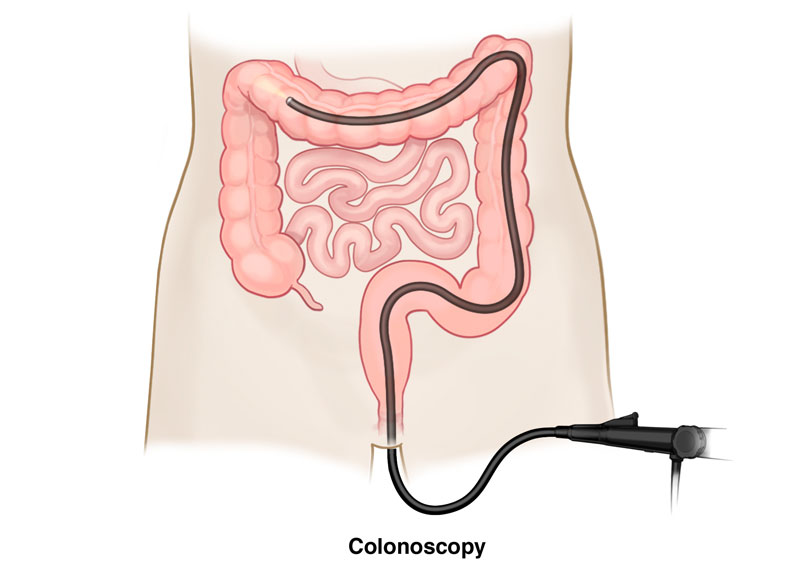 http://www.brighamandwomens.org
http://www.brighamandwomens.orgAnother option to have your colon examined is a sigmoidoscopy. This procedure has 10 times fewer complications, but doctors still recommend a colonoscopy almost 95% of the time. So the next time you need to have your colon examined, ask for a sigmoidoscopy.
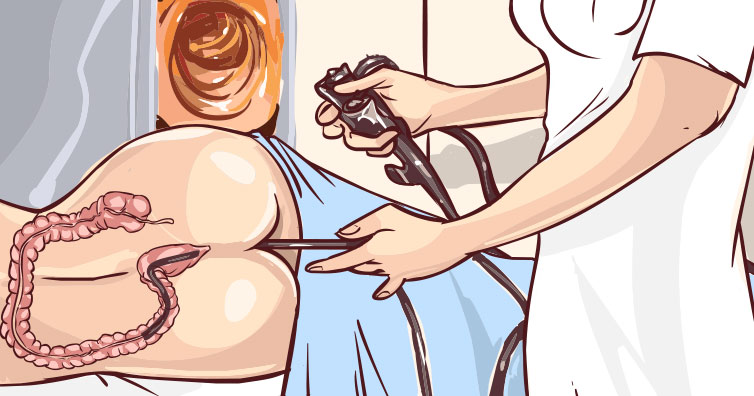 Providr
ProvidrAnother reason why doctors may recommend a colonoscopy is that they may profit from it. In the United States, doctors can get financial kickbacks when referring patients for certain procedures.
 http://www.thehindu.com
http://www.thehindu.comColonoscopy Risks: If you’re suffering from colon disease, a colonoscopy can cause perforation of the colon. If you require anesthesia, you should opt for the lightest dose or no anesthesia at all. Anesthesia can increase other risks. In addition, colonoscopies tend to reveal false positives. According to the Prostate Cancer Foundation, about 30-40 percent of men treated for prostate cancer have harmless tumors.
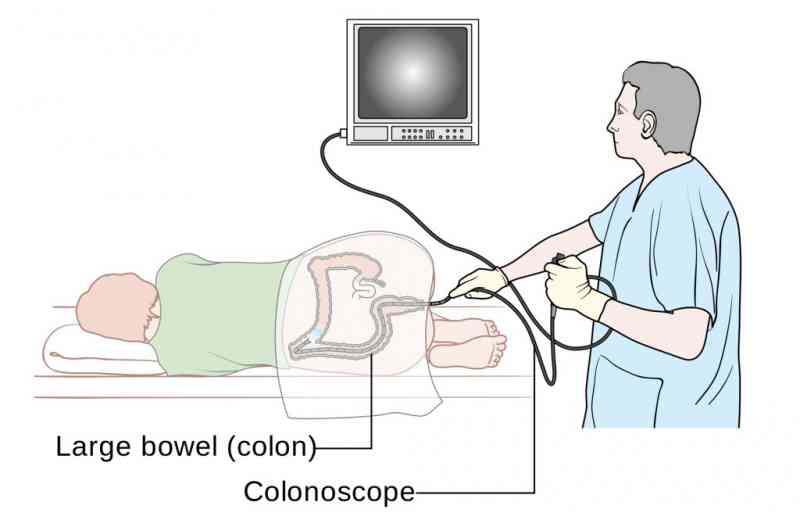 http://www.gidoctor.com/
http://www.gidoctor.com/If you’re getting a colonoscopy, ask the doctor if peracetic acid was used to clean the scope. In most cases, Cidex is used to clean the scopes. Unfortunately, Cidex does not sterilize the scope, it just complicates the issue.
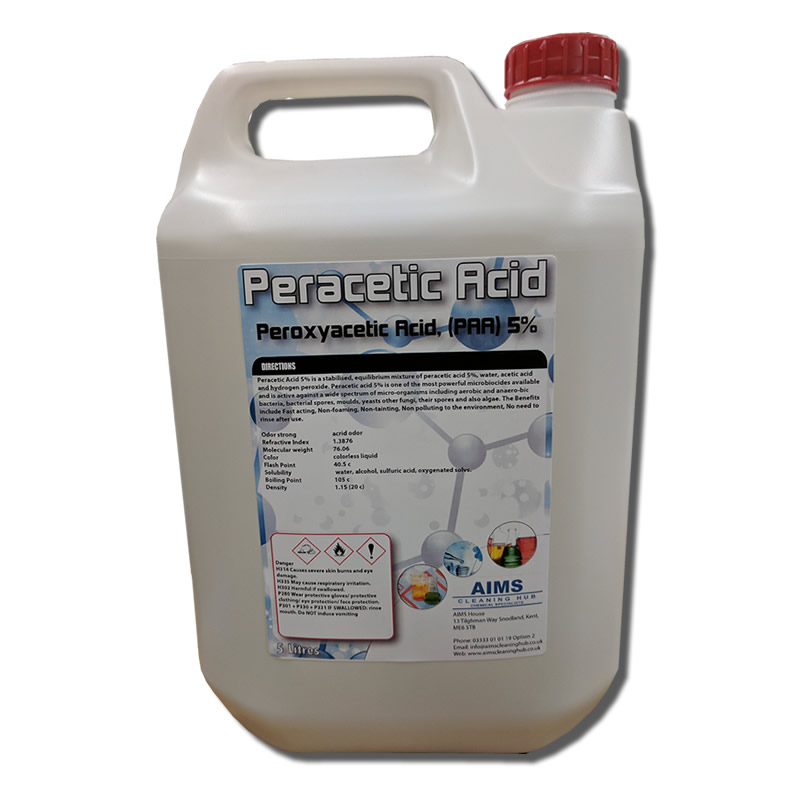 http://www.bonnymans.co.uk
http://www.bonnymans.co.ukIf you’re getting a colonoscopy, ask the doctor what you need to do to prepare for it. They will respond by saying skip dinner and breakfast before the procedure. They may also say to try to consume between 2 to 4 liters of liquid that contains laxatives and electrolytes.
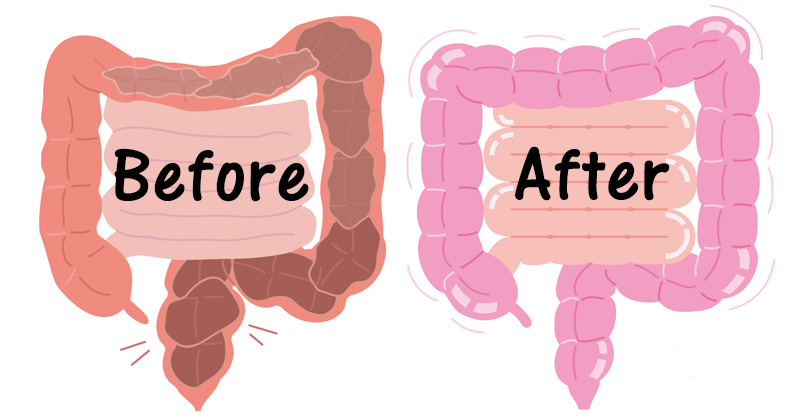 https://davidwolfecom-xt0mxgicgroc.stackpathdns.com/
https://davidwolfecom-xt0mxgicgroc.stackpathdns.com/Ask your doctor if peppermint oil can be used during the procedure. According to research, peppermint oil may help reduce spasms.
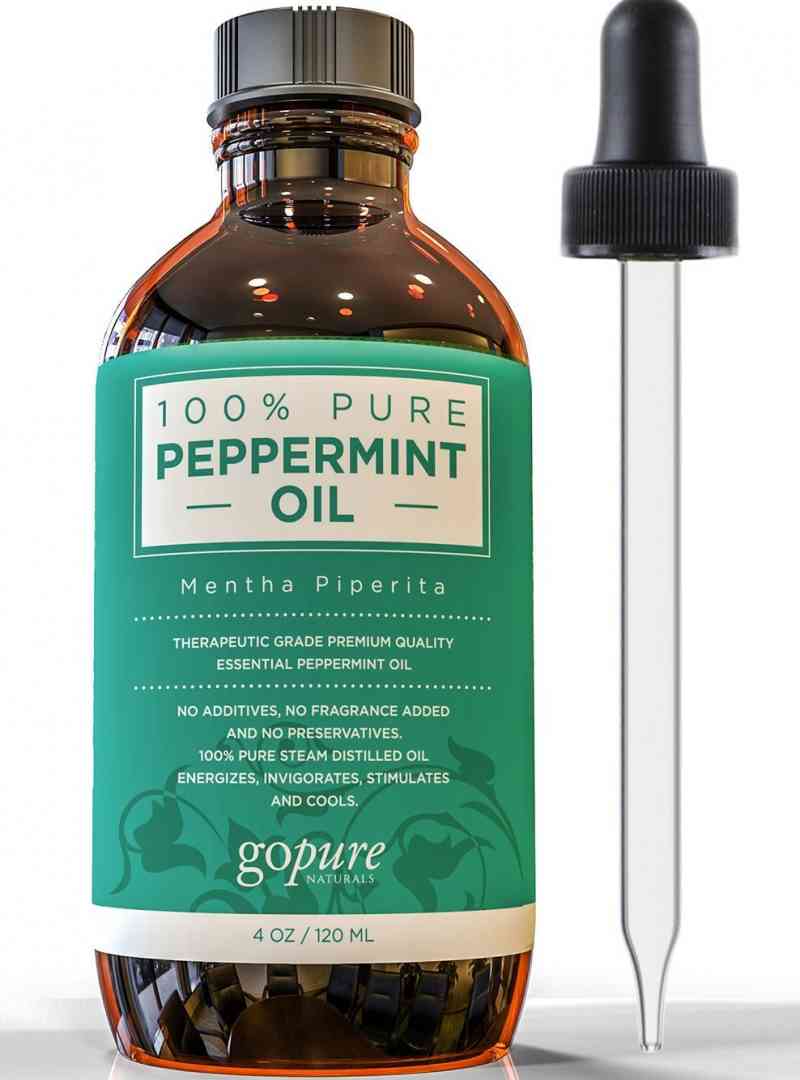 https://images-na.ssl-images-amazon.com
https://images-na.ssl-images-amazon.comAlthough there are complications and risks that come with a colonoscopy, it’s still the most reliable way for the doctors to check for colon cancer.
 https://mid20chronicles.files.wordpress.com
https://mid20chronicles.files.wordpress.comIf you enjoyed this story,









